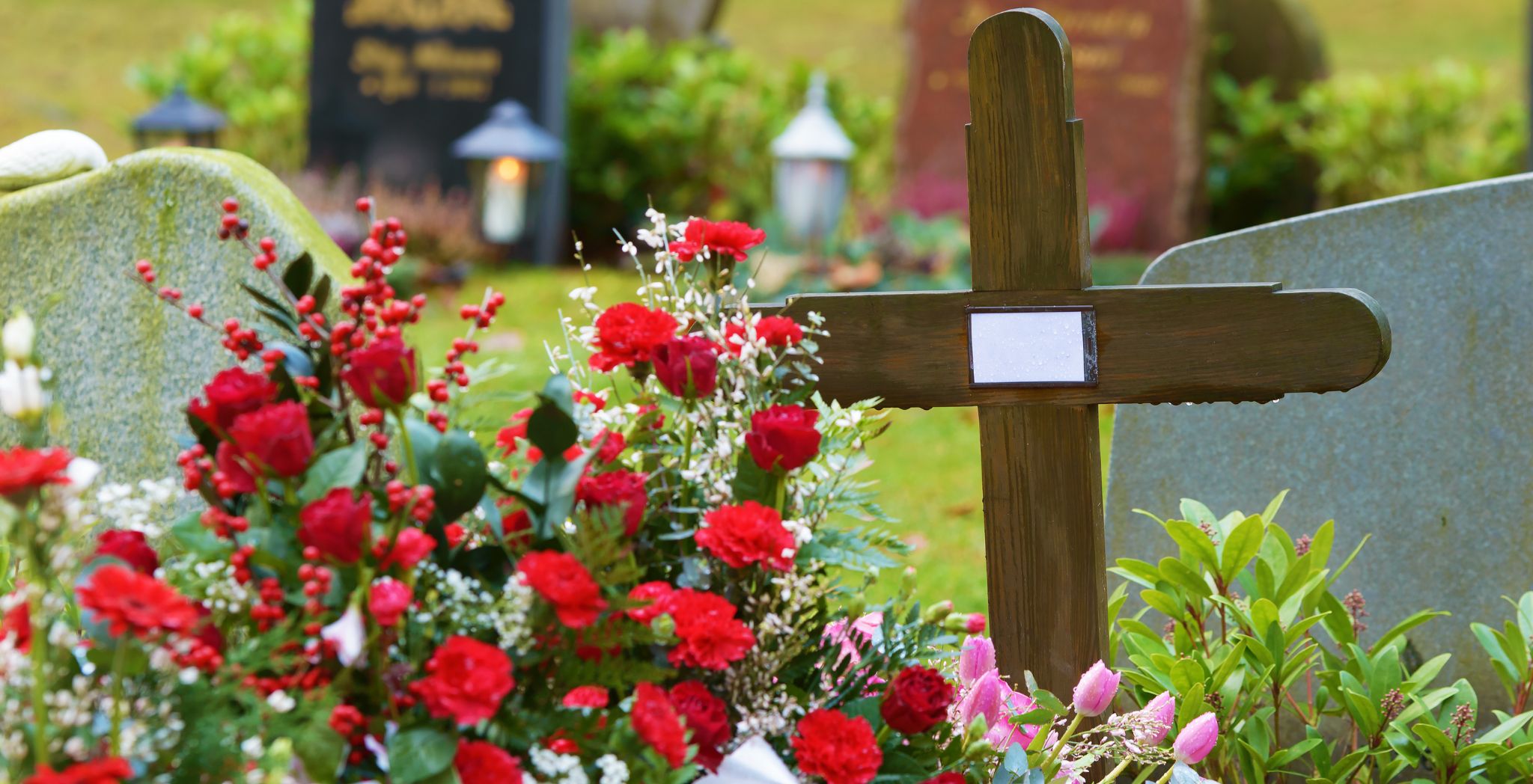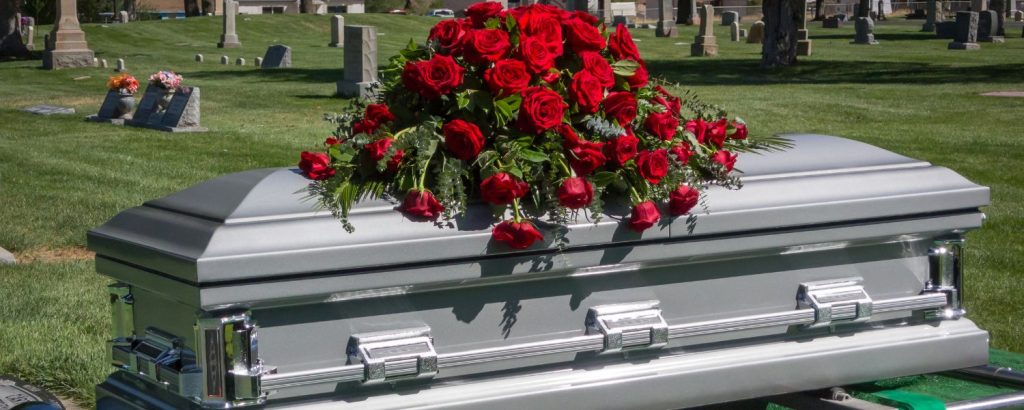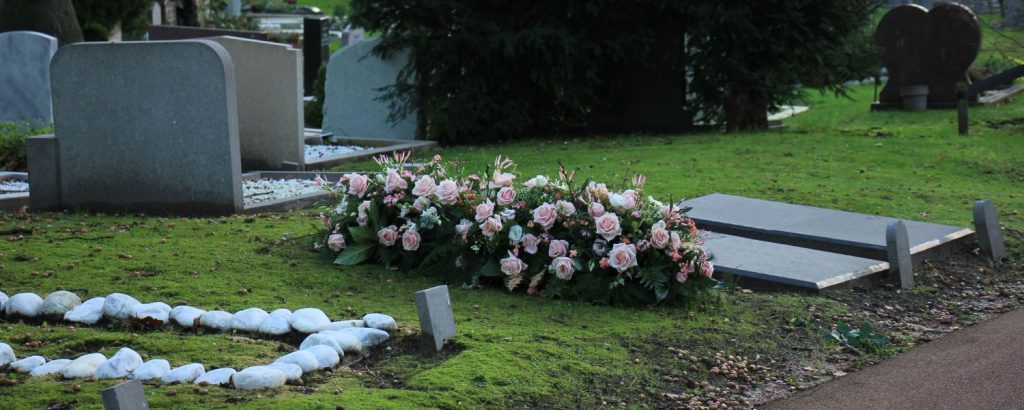
Experiencing the loss of a loved one is undoubtedly one of the most difficult challenges life presents. Amidst the emotional turmoil, numerous arrangements must be made for the final farewell. Understanding the process and knowing what to prioritise can help alleviate some of the stress during this difficult time. In this guide, we’ll delve into the crucial details to remember when arranging a funeral, drawing insights from Swanborough Funerals, a reputable funeral service provider in Brisbane.
GUIDE FOR MAKING FUNERAL ARRANGEMENTS

Common Questions About Arranging a Funeral
Experiencing the loss of a loved one is profoundly emotional, and amidst the grief, there are practical matters to attend to. One of the most pressing concerns is arranging a farewell for the departed. Here are some common questions people have about arranging a funeral:
1. How can I find a funeral director?
When arranging a funeral, a funeral director is crucial in guiding you through the process with compassion and professionalism. You can find a reputable funeral director through recommendations from friends or family, online directories, or by contacting local funeral homes. Swanborough Funerals, for instance, offers comprehensive funeral services in Brisbane and can assist you every step of the way.
2. Choose the type of funeral service you want
One of the initial decisions to make when arranging a funeral is determining the type of service that best honours the memory of your loved one. Whether it’s a traditional funeral service, a cremation ceremony, or a memorial service, selecting the right format allows you to create a meaningful tribute.
Funeral Service Options

1. Traditional Funeral Service
A traditional funeral service typically involves a visitation or wake, where friends and family gather to pay their respects and offer condolences to the bereaved. A formal ceremony follows this, often held in a church or funeral home chapel, where eulogies are delivered, prayers are offered, and music is played to honour the deceased.
Finally, a procession to the cemetery or burial site concludes the service, where a graveside service may be conducted, offering a final farewell as the casket is interred. Traditional funeral services provide a structured and time-honoured way to commemorate the departed’s life, offering comfort and closure to those in mourning.
2. Cremation Service
Cremation services have gained popularity due to their flexibility and cost-effectiveness. Unlike traditional burials, where the body is interred intact, cremation involves the reduction of the body to ashes through intense heat. This process offers families a range of options for memorialisation, including scattering the ashes in a meaningful location, interring them in a cemetery or columbarium, or keeping them in an urn at home.
Cremation services offer the opportunity for personalisation, allowing for the reflection of the individual’s unique life and preferences, allowing for unique and meaningful tributes that celebrate their memory in a way that feels authentic to their life.
3. Memorial Service
A memorial service serves as a gathering dedicated to honouring and cherishing the life of a cherished individual who has departed from this world. Unlike a traditional funeral service, a memorial service does not typically involve the presence of the deceased’s body. Instead, it celebrates their life through shared memories, stories, and reflections.
Memorial services can take many forms, from formal ceremonies to informal gatherings, and may be held in various locations, including funeral homes, community centres, or outdoor settings. These services allow friends and family to come together, support one another, and pay tribute to the person they have lost in a meaningful and personalised way.
Arranging a Funeral: Step-by-Step

Once you’ve decided on the type of funeral service, it’s time to start planning the details. Here are some important considerations to keep in mind:
1. Notify Relevant Parties
Informing close family members and friends about the passing of your loved one is the first step in arranging a funeral. It’s essential to reach out to those who were close to the deceased to share the news and begin the process of grieving together.
In addition to family and friends, you may need to notify employers, banks, insurance companies, and other relevant institutions to handle administrative matters. During this period, effective communication is vital to make sure that all relevant parties are informed of the situation and can extend support as necessary.
2. Choose a Funeral Director
Choosing a funeral director is a pivotal step in the funeral planning process. An empathetic and seasoned funeral director offers indispensable support and guidance throughout this challenging period.
Take the time to research and find a funeral home or director you feel comfortable with and trust to handle the arrangements professionally and carefully. Working closely with a funeral director allows you to navigate the complexities of funeral planning while ensuring that your loved one’s final wishes are honoured.
3. Gather Essential Documents
Collecting essential documents is a vital component of the funeral arrangement process. Typically, you’ll need to acquire a death certificate, which is usually issued by the attending physician or medical examiner. Other documents must also be collected, such as the deceased’s will, prearranged funeral plans, and any relevant legal paperwork.
Your funeral director can guide the required documentation and assist you in obtaining copies if needed. Having these documents in order helps streamline the funeral planning process and ensures that all necessary arrangements are made efficiently.
4. Decide on Funeral Details
Deciding on the details of the funeral service is a significant aspect of funeral planning. This includes selecting a date and time for the service, choosing a suitable venue, and arranging for clergy or celebrants to officiate the ceremony. You’ll also need to consider the format of the service, including music, readings, and any special tributes or rituals you’d like to include.
Working closely with your funeral director allows you to customise the service to reflect the life and personality of your loved one, creating a meaningful tribute that honours their memory.
5. Consider Cultural and Religious Customs
Taking into account cultural and religious customs is essential when planning a funeral. If your loved one had specific beliefs or traditions, it’s important to incorporate them into the funeral arrangements respectfully. This may include customs such as prayers, rituals, or symbolic gestures that hold significance for the individual and their family.
Consulting with religious or cultural leaders can guide appropriate customs and ensure that the funeral service reflects the spiritual beliefs and values of your loved one. By honouring their cultural and religious heritage, you can create a funeral service that is meaningful and respectful.
6. Personalise the Service
Adding personal touches to the funeral service can make it more meaningful and memorable for those in attendance. Consider incorporating photos, mementoes, or special tributes that reflect the life and personality of your loved one. Share anecdotes, memories, and stories celebrating their achievements, passions, and unique qualities.
Personalising the service allows family and friends to feel connected to the individual and creates a sense of warmth and authenticity in honouring their memory. Your funeral director can assist you in brainstorming ideas and coordinating these personal touches to create a heartfelt and personalised tribute.
7. Communicate with Attendees
Keeping family members and friends informed about the details of the funeral service is essential to make sure that everyone who wishes to attend can do so. Provide clear information about the service’s date, time, and location, as well as any special requests or traditions that attendees should be aware of.
Consider arranging transportation or accommodations for out-of-town guests to make attending the service easier. Open communication with attendees allows them to plan accordingly and participate fully in honouring the memory of their loved ones.
8. Consider Aftercare Services
Grieving doesn’t end with the funeral service, and it’s essential to have support systems in place for yourself and your family as you navigate the grieving process. Many funeral homes, including Swanborough Funerals, offer aftercare services and resources to assist you during this time.
This may include grief counselling, support groups, or referrals to other community resources. Utilise these services to aid in managing your grief and initiate the process of healing. By prioritising self-care and seeking support, you can navigate the grief journey with strength and resilience.
Conclusion
Arranging a funeral may feel overwhelming, yet with the right guidance and support, you have the opportunity to craft a heartfelt tribute to honour your loved one’s life. By understanding the process and focusing on the essential details, you can honour their memory in a way that brings comfort and solace to those who mourn their loss. Swanborough Funerals is dedicated to providing compassionate and personalised funeral services in Brisbane, assisting families every step of the way during their time of need.
 "/>
"/>
